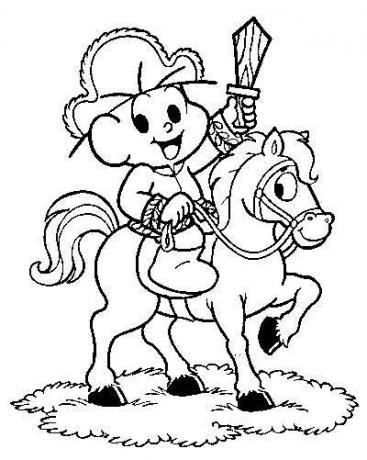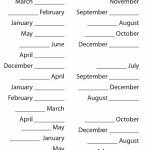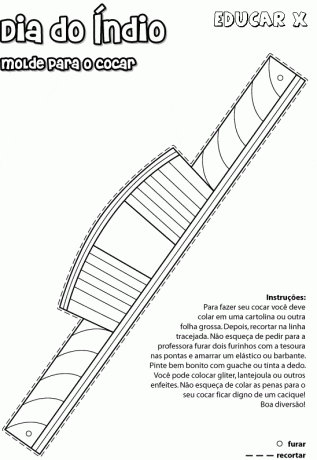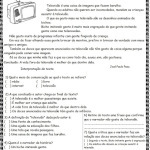

1.citizenship is learned with participation exercises. One gymkhana requires teamwork, involvement, that everyone integrates and actively participates.
2. Cooperation: be clear that the ideas that will guide the work will not be competition, but cooperation. Tasks will have this objective.
3. Learning by playing: what is desired is to encourage the involvement of the community (children, adolescents, young people, adults, elderly) around a common quest: to grow in the awareness that it is a citizen who participates and involves.
4. Transformation-generating indignation: the indignation of the discontented cannot be suffocated, but generate energy to seek change, to decide to fight and work collectively for the changes that want. Understand indignation as synonymous with active work and not something disorderly.
Scoring and awarding:
Instead of stimulating competition, it encourages cooperation and the joy of participation. Example: scoring for attitudes: the team that moved people the most, that showed the most joy and creativity. Prize: Example: teams receive seeds to be planted at the end of the competition.
Task example
1 – Assembly of teams (mixed, integrating ages)
2 – Choice of names – something linked to the spirit of the scavenger hunt (awareness, union, solidarity, cooperation, respect, friendship…).
3 – Examples of tasks:
– Interview with a person from the community, around 60 years old, to ask what voting was like in Brazil when she was young (with what age was allowed to vote, who voted, which parties existed, how the election process was, what was curious…) and how this evolved.
– Editing drama from a song, portraying the Brazil we have and the Brazil we want.
– Make a parody of well-known music, and in it talk about the importance of the vote.
– Creation of a t-shirt, with a message that speaks about citizenship, participation.
– Make a five-minute video with 16-year-olds who are going to vote for the first time, talking about how they are preparing for the elections.
– Record 10 minutes of a political timetable and count how many parties appeared. Present a list of possible proposals to be made and those that are just promises.
– Interview an NGO or a community group to find out what social work they do and then present.
– Refer five children for birth registration.
– Each team organize banners, flags and form blocks with those excluded from the community, giving voice to those who are often forgotten.
Source: Mundo Jovem
Did you like it? Share this post on your social network
 Month of the Year Activities in English
Month of the Year Activities in English
 For the 1st day of class!
For the 1st day of class!
 Templates for the Indian's Day
Templates for the Indian's Day
 Short texts for interpretation for 4th grade students
Short texts for interpretation for 4th grade students
 Cute teddy bear labels to print
Cute teddy bear labels to print
 Christmas symbols drawings for coloring
Christmas symbols drawings for coloring
This site uses Akismet to reduce spam. Learn how your comment data is processed.


